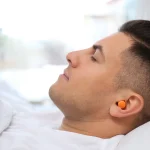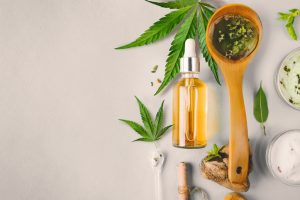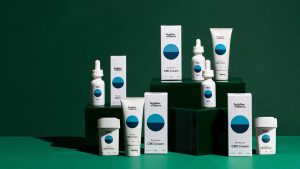
A starting point for self-help for depression is making intentional lifestyle choices. Several lifestyle components are identified to reduce depression:
1. Small steps Anxiety
Anxiety in addiction recovery depression can drain energy and can make it hard to even get out of bed. Doing something even small every day is a powerful way to help you get out of depression because it provides meaning to the moment, however small. Avoid thinking about far-sighted plans or big decisions, like moving house or changing jobs. Focus on tasks that you are confident you will get good results at and that you master.
2. Stay active Anxiety
Exercise gives you energy and relieves stress hormones. Even 15 minutes of activity can give you benefits in dealing with depression. Furthermore, the evidence tells us that aerobic exercise (such as running, swimming, cycling, etc.) induces greater benefits than strength-based exercise. Join a group, try new things, like a new hobby, and learn something new.
3. Organize your meetings
Building and maintaining relationships with family and friends is an important decision to reduce depression. A large part of a person’s well-being has to do with the ability to better organize the meetings held on a daily basis. It is advisable, as much as possible, to get closer to relationships and situations that make us feel good (convenient), and stay away from those that make us feel bad (inconvenient). Make a list of places, people, and activities that make you feel good, then make a list of things you do every day. Be sure to include what makes you feel good in your day-to-day.
Some ideas to achieve this:
- increase contact with your friends through messages, emails, or calls;
- take advantage of the moments when you feel a little better to organize and plan meetings or outings with friends or family;
- enlist the support of a close friend or family member to help you stick to plans during the week;
- get involved in your community, by volunteering, and participating in groups or classes.
4. Pamper yourself Anxiety
When you feel sad, it is very difficult for you to feel good about yourself. Try to do at least one positive thing for yourself every day. This could be taking a long bath, spending time with your pet, or reading your favorite books. Do things that have made you feel good before. Be considerate of yourself, try to give yourself some time.
5. Creative activities
Creativity helps people reduce problems and stress to the extent that it provides meaning to life and a sense of achievement. Write, paint, sketch, build things, play an instrument, or sing.
6. Humor
Smiling and laughing reduce depression. Laughter is a self-help that generates well-being at an emotional and biological level; Laughing increases positive biochemistry and neurotransmitters that increase mood and reduce symptoms of depression. Although depression takes away the desire to laugh, you can always look for situations that make you laugh daily. You’ll feel a little better. Read a humorous book, watch a comedy movie or comedy show, or find friends who are in a good mood.
7. Stay realistic
Part of depression includes a tendency to see the negative in things. Obviously, when you suffer from depression it is not easy to change this trend. Accepting this and being realistic that it will be hard for a while to see the bright, positive side of things will help you feel better about yourself. Well, with this you will avoid feeling guilty for not being able to smile today, or for not having a good face with others.
Similarly to what was mentioned in point number one, if you propose things that you cannot achieve at this moment, you expose yourself to the unnecessary risk of feeling guilty, with greater discomfort and lowering your self-esteem even more. This does not mean that you have to resign yourself to not being able to see the positive in life.
It mainly means that it is important that you listen to yourself at this time of your life, that you do not overlook the fact that you have an open wound, and that although it can heal and heal, at this time it will be difficult for you to do some things, including staying positive. Staying realistic is a way to take care of yourself, including any injuries you currently have.
However, it is not about giving free rein to the tendency to see the negative. It is advisable not to miss the opportunity to pay attention to the positive things in life, as much as possible.
8. Challenge your sad emotions
Write a journal. This can help you track your mood swings, you may be surprised that you have more good times or days than you thought. Make a list of your emotions and why you feel depressed, and think about and write down what you can change and how. It helps you realize which activities, places, or people make you feel better or worse.
9. Get sunlight daily Anxiety
Sunlight can increase serotonin levels and improve your mood. As much as possible, go outside during daylight hours and get direct light for at least 15 minutes a day. Don’t wear sunglasses (but don’t look directly at the sun) and use sunscreen if possible.
You can take a walk in the park or around lunchtime, exercise outside, play sports, open the curtains, or sit near bright windows. If you live in places with very cold winters, try using light therapy.
10. Join a support group Anxiety
Going to a support group is a great way to share tips and meet other people going through the same struggles. In addition, it is a great opportunity to not only think and feel that you need help, but you can also experience that, despite your discomfort, you can help others. You can also read online, in forums or blogs about others’ experiences with depression: “Hearing or reading others’ experiences makes me feel like I’m not alone in this. It actually makes me feel better.”







